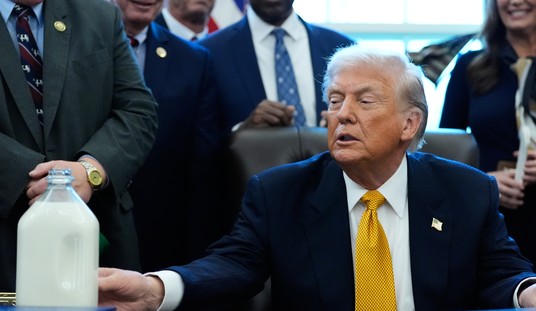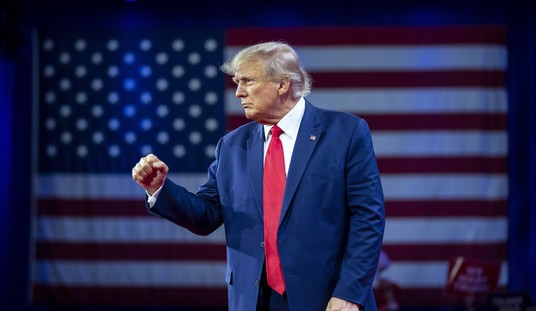Back in January, the Supreme Court cleared the way for a new public charge rule put in place by the Trump administration. The rule allows US immigration officials to consider a broader spectrum of public assistance programs, such as food stamps and Section 8 housing when considering whether or not green card applicants are self-sufficient. Several blue-state attorneys general sued to have the rule blocked, gaining victories in four lower courts. But by January, the matter seemed settled in favor of the White House.
A different group of attorneys general, led by New York State, had asked the court to revisit the ruling in light of the current coronavirus pandemic. That request apparently didn’t carry enough weight because the justices rejected the request without comment yesterday. (The Hill)
The Supreme Court on Friday denied a request to block the Trump administration’s “public charge” rule during the coronavirus health crisis.
A group of state attorneys general had asked the court to issue an injunction against the rule, which links a migrant’s eligibility for legal status with the likelihood that he or she will rely on public assistance.
The court had decided earlier this year to allow the rule to go into effect, but the group of state officials, led by New York Attorney General Letitia James (D), had asked the justices to revisit the decision in light of the ongoing pandemic.
The court did not publish an opinion on its decision not to grant the request, nor did it publish a vote tally for the move.
The curious part about this decision was that the court didn’t reveal the results of the vote and offered no explanation of the decision. They simply passed on the request. This does, however, leave the door open for the plaintiffs to continue their attempt in the Southern District of New York, which has rarely seen an attempt to Resist the Bad Orange Man that wasn’t approved.
There are a few states involved, but the effort is being headed by New York Attorney General Letitia James. As you may recall, she ran for office in 2018 not on a promise to enforce the laws of the Empire State and keep New Yorkers safe, but to Resist President Trump at every turn. And she’s been good to her word, filing all manner of lawsuits against the White House, many of which are barely related to the specific needs of New York.
Well, to be fair, that’s not all she’s done. Ms. James as also been a vocal proponent of criminal just reform and bail reform laws in New York, as well as the ongoing efforts to “empty the jails.” That’s really worked out fabulously thus far, at least if you happen to be a criminal.
Looking at the supposed basis for this suit, we see yet another elected official who never lets a good pandemic crisis go to waste. Having failed to stop the Public Charge Rule on its merits, she and her cohorts are now claiming that the novel coronavirus crisis makes it imperative that everyone, legal or illegal, has full access to medical care to prevent them from infecting anyone else. That argument would hold a lot more water if, (a) hospitals weren’t already required to provide medical care to anyone presenting themselves, no questions asked, and, (b) some areas in New York City are still seeing so many cases that you might not be able to get an ICU bed even if you have the best health insurance in the world.
But as I said, this is the authoritarian nature of executive branch elected officials during a crisis. We’ve been seeing it from officials in both parties ever since the virus really got its legs under it and shot off to a running start. Whether it’s closing down businesses, ordering people to stay home, or restricting freedom of movement, everyone is getting in on the act. And in this case, Letitia James is trying to use the pandemic as a lever to force the courts in a direction that’s already been rejected.







Join the conversation as a VIP Member